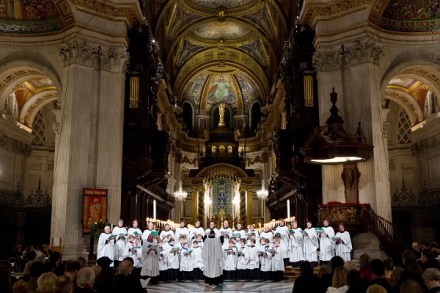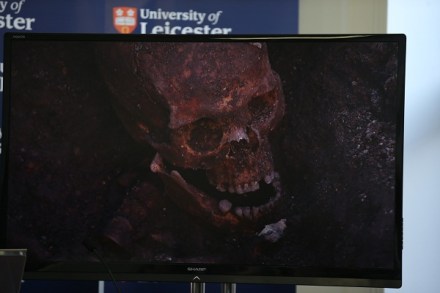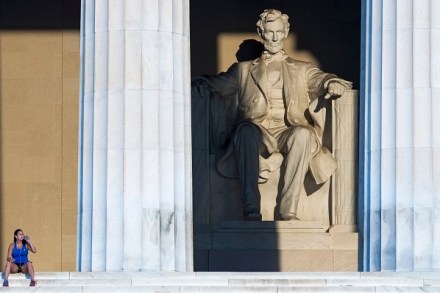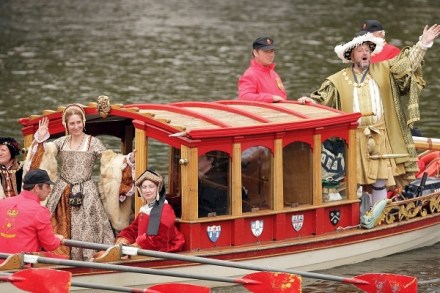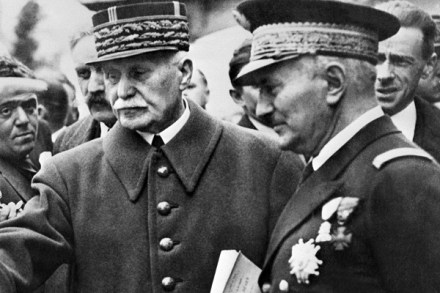High life | 28 February 2013
‘I was distressed to learn of some of your current problems and wanted to send you a word of encouragement. Since the time Bob Tyrrell introduced us a few years ago, I have been one of your admirers…’ This letter, dated 23 January 1985, was addressed to me and was signed by Richard Nixon. I had it framed and it hangs in my office. The only other letter hanging next to it is from Sir Denis Thatcher, after he and the Lady visited me in Switzerland. Nixon and Thatcher, two vastly misunderstood leaders who one day will be seen rightly as giants among the midgets who preceded and followed them.



